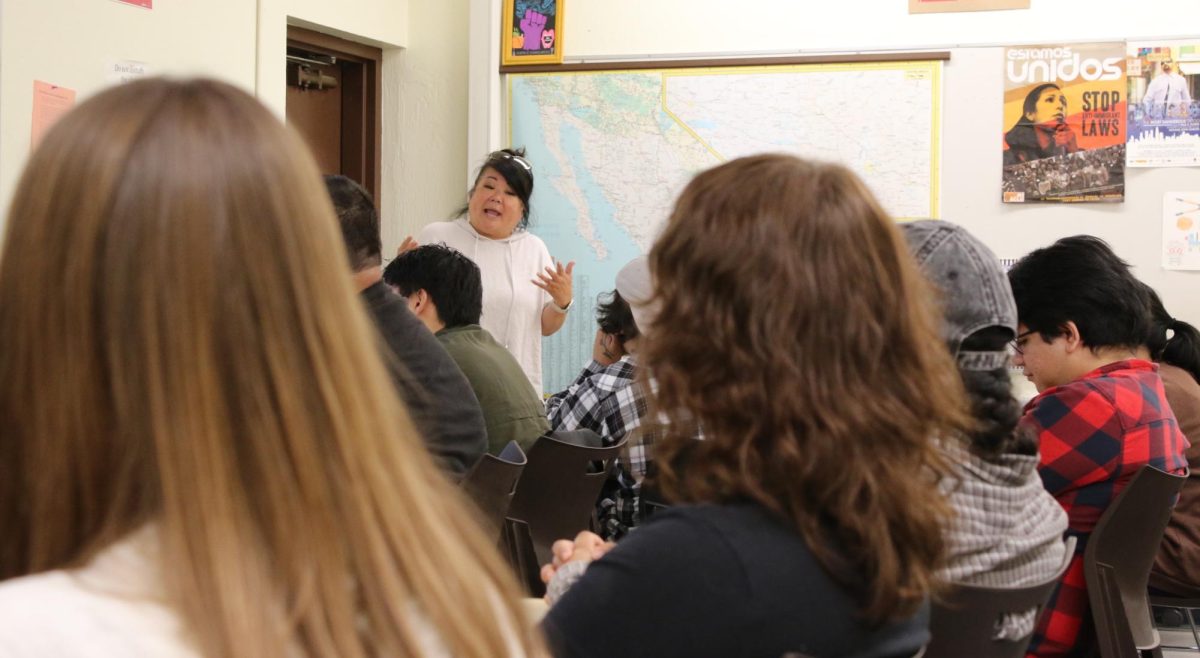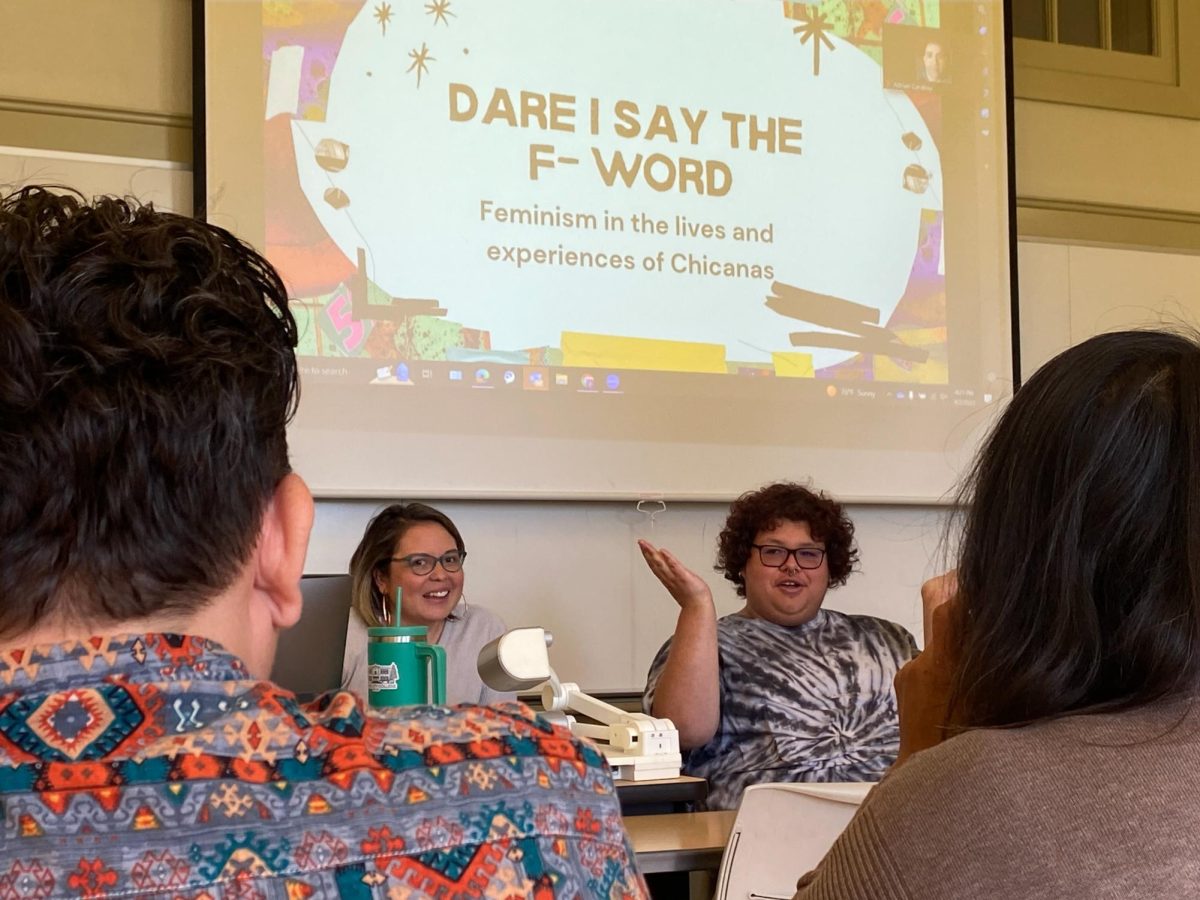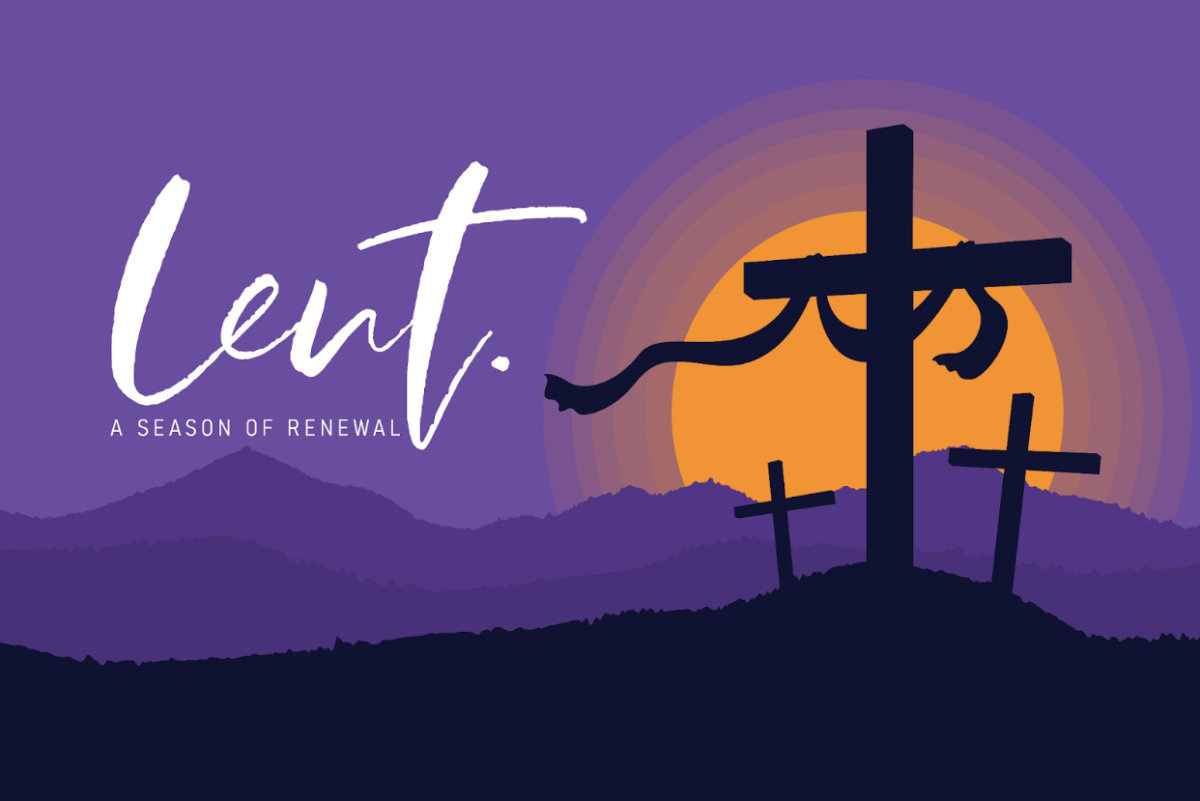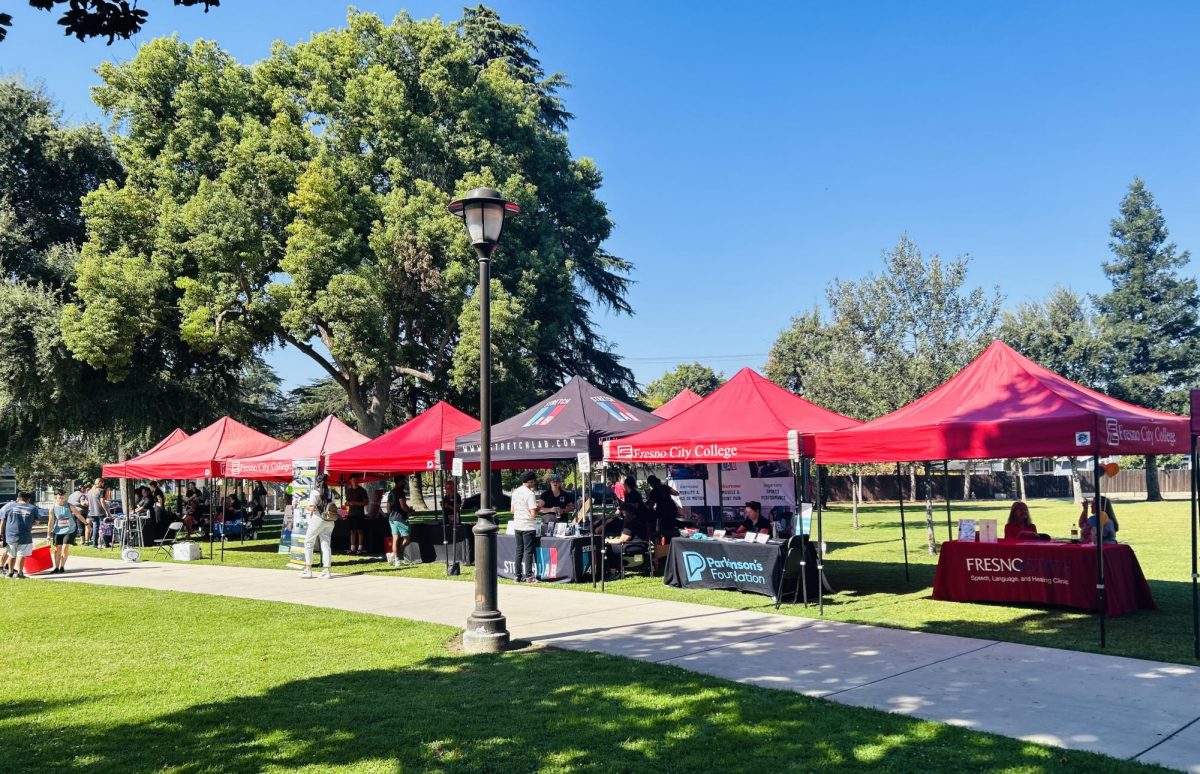Secretary of Agriculture, Tom Vilsack and Dr. John Holdren, Assistant to the President for Science and Technology held a press conference yesterday to discuss President Obama’s visit to the Central Valley regarding the drought.
Vilsack describes California’s drought as being the worst that drought on record for the past 100 years. However, Holdren explained that according to the paleo record, this is the worst drought on record within the last 500 years.
Holdren labeled California’s situation as being obviously severe and explained how droughts are evolving.
“We have always had droughts in the American west, of course, but now the severe ones are getting more frequent , they’re getting longer and they’re getting drier.”
According to Holdren, there are three reasons for droughts in “a warming world.” One reason is that a great portion of rainfall occurs in a downpour thus leaving the rain to drain away in runoff. The second reason is that much of the precipitations that happens in the mountains occurs as rain that can runoff instead of snow that will gradually melt and leave rivers flowing through summer and spring. The third reason is that water is lost in high temperatures through evaporation from both soil and reservoirs.
The president, according to Vilsack, will have a chance to meet with agricultural producers that have been impacted by the drought today and get a first hand look of the drought’s impact while on the ground. He will see, firsthand, the effects of Holdren’s explanations.
“He’ll, I think, offer a message of hope and a message that the federal government will do all that it can to try alleviate some of the stress connected with this drought,” Vilsack said.
Walking around and looking at the ground is not all that the president has planned, though. Last week, the president signed the 2014 Agricultural Act also called the farm bill.
“Now, despite its name, the farm bill is not just about helping farmers,” Obama said in his speech at Michigan State University last week . “Secretary Vilsack calls it a jobs bill, an innovation bill, an infrastructure bill, a conservation bill. It’s like a Swiss Army Knife.”
According to Vilsack, this bill will restore disaster assistance for livestock producers that has been in the shadows since October of 2011.
The president will also be directing the Department of Agriculture to speed up its efforts to get the disaster program ready for farmers. Once it is in place, farmers will be able to apply for the necessary assistance.
“Normally this process takes anywhere from 6-8 months [but] the president is going to direct us to get it done within 60 days so that within 60 days by April 15 or thereabouts farmers and producers will be able to make applications for livestock assistance and should receive checks shortly thereafter,” Vilsack said.
Once the program is off the ground and the distribution of checks begins, it is estimated that California producers will received about $100 million in assistance and the nation as a whole will received up to $1 billion in assistance.
That assistance is broken up to be: $60 million allocated to California food banks, $5 million in Emergency Water Assistance, $5 million for extreme drought assistance in all in addition to the initial $20 million in conservation assistance announced last week.
“The president is also going to announce additional conservation assistance at a time when water is scarce and livestock producers are challenged and those who are faced with drought conditions on their land and the possibility of losing their precious soil,” Vilsack said.
These conditions have an impact on more than land and tangible products, though. Vilsack stated that he and the president both recognize the true impact of the drought
“The president definitely recognizes that the drought not only impacts producers but also impacts the families of those who work in these orchards and with these growers and producers,” Vilsack said.
Obama addressed the realization that the farming life is not easy. He discussed the issues and what he has noticed over the years.
“And over the years, I’ve seen how hard it can be to be a farmer. There are a lot of big producers who are doing really well, but there are even more small farms, family farms, where folks are just scratching out a living and increasingly vulnerable to difficulties in financing and all the inputs involved — farmers sometimes having to work off the farm, they’ve got a couple of jobs outside the farm just to get health care, just to pay the bills, trying to keep it in the family, and it’s very hard for young farmers to get started,” Obama said.
Obama, according to Vilsack, will also demand that federal facilities “immediately curb water use.” This will also include water usage for “ new and non-essential” projects. The goal in doing so would be to illustrate an idea of long term water use reduction for federal facilities.
Vilsack stated that the president was doing everything possible “…to send a very specific message to producers in California that we are here to help to the extent that we can.”












